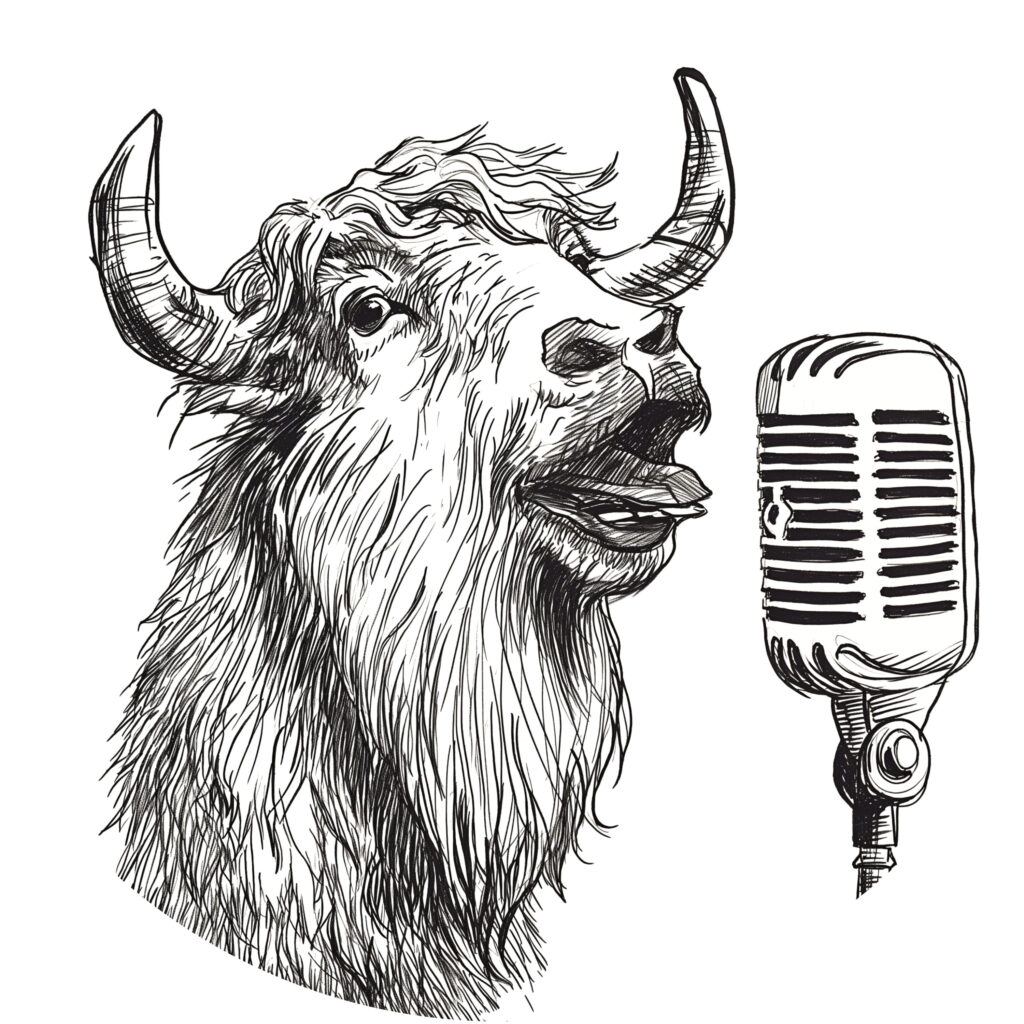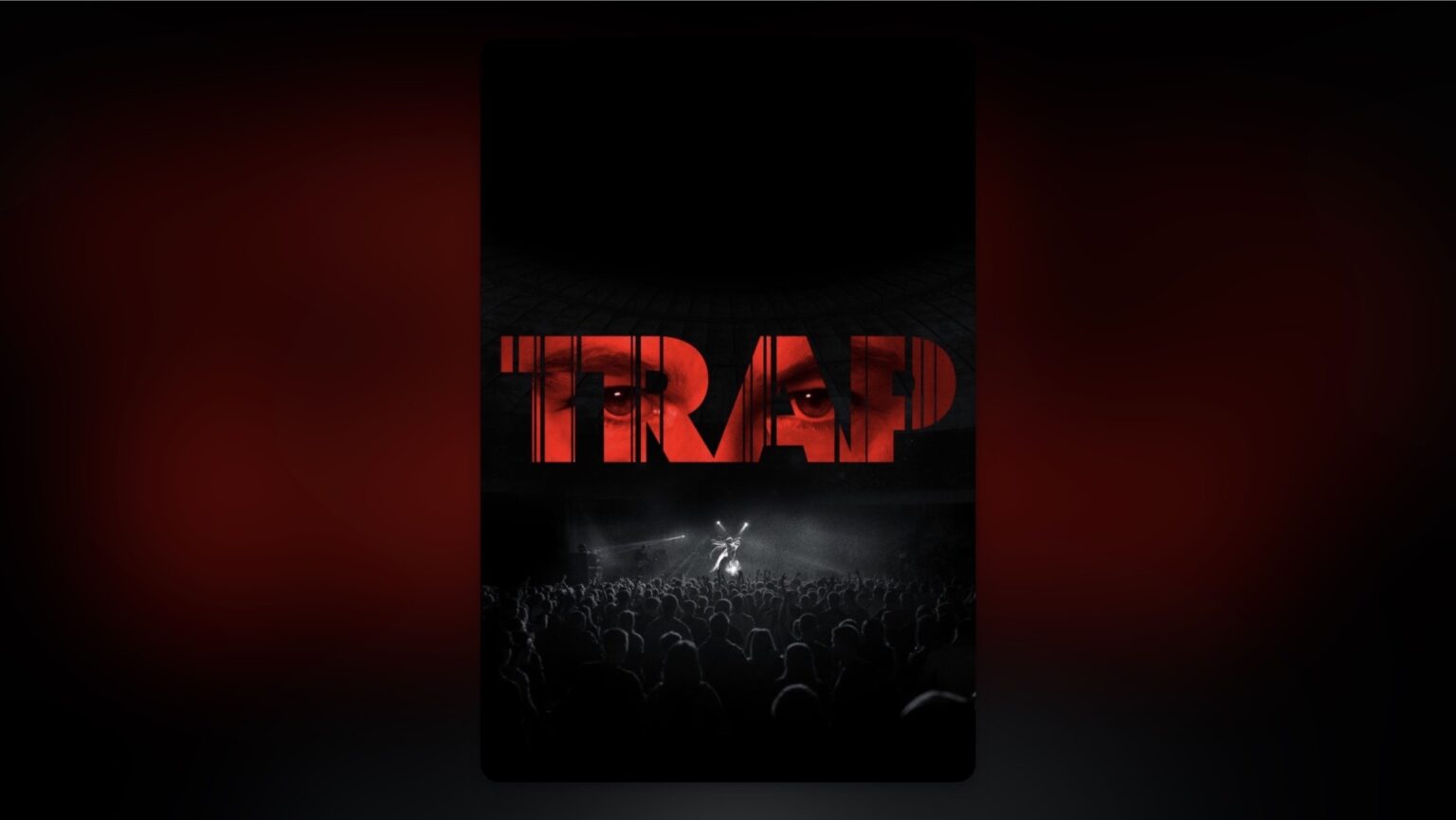I haven’t been to many arena shows, but of the total, three of them were Prince. They’re incredible. Twenty thousand screaming fans, pulsating lights, the deafening roar of amplified music. This, the very essence of a modern pop spectacle, is the setting for M. Night Shyamalan’s latest thriller, “Trap.” It’s a promising premise, a high-concept thriller with a built-in ticking clock. And yet, as does a punctured balloon, the film quickly loses its air, leaving behind a limp, floppy, unsatisfying experience.
“Trap” follows Cooper, played by a game but ultimately misused Josh Hartnett, a seemingly ordinary dad attending a Lady Raven concert with his daughter. But Cooper harbors a dark secret: he’s the Butcher, a notorious serial killer. The authorities, aware of his presence, have set a trap, turning the concert into a high-stakes game of cat and mouse. That’s the set-up. That was also the trailer.
The problem with “Trap” isn’t the concept itself. It’s the execution, which feels appropriately clumsy for Shyamalan, whose recent films have all carried a similar set of frustrations. The film suffers from a series of baffling creative choices, starting with the perplexing decision to reveal the central twist early on. This deflates any sense of suspense, leaving the film meandering through a series of increasingly improbable scenarios.
Shyamalan employs a distracting technique throughout the film, having his actors stare directly into the lens during key moments of dialogue. This awkward fourth-wall breaking (I don’t know what else to call it), rather than adding intrigue, pulls the viewer out of the story. It’s a stylistic flourish that feels both unnecessary and detrimental to the film’s overall tone. In a thriller, where immersion is crucial, this technique feels particularly jarring.
And then there are the performances, which, with the notable exception of Ariel Donoghue as the daughter, range from wooden to unconvincing. Hartnett, despite his efforts, struggles to embody the duality of his character. The script, lacking in nuance, offers little support, and the direction seems to exacerbate the stiffness. There’s a palpable disconnect between the words on the page and the emotions on screen, leaving the performances feeling hollow and inauthentic.
Even the film’s strengths are ultimately undermined by its weaknesses. The concert setting, initially promising, is poorly utilized. The cinematography, oddly fixated on the arena’s jumbotrons, creates a sense of distance, robbing the scenes of their potential energy. And the music, while effectively capturing the pop concert vibe, feels disconnected from the narrative.
The truth is that we never needed to meet Lady Raven at all. We didn’t need most of the third act. The film strayed from its shallow roots when it left the arena, a setting so perfectly unsettling I’m stymied how the filmmakers were able to misuse it so.
“Trap” is a film that feels trapped by its own limitations. See what I did there? Nailed it. It’s a missed opportunity, a thriller that lacks thrills, a suspense film devoid of suspense.

